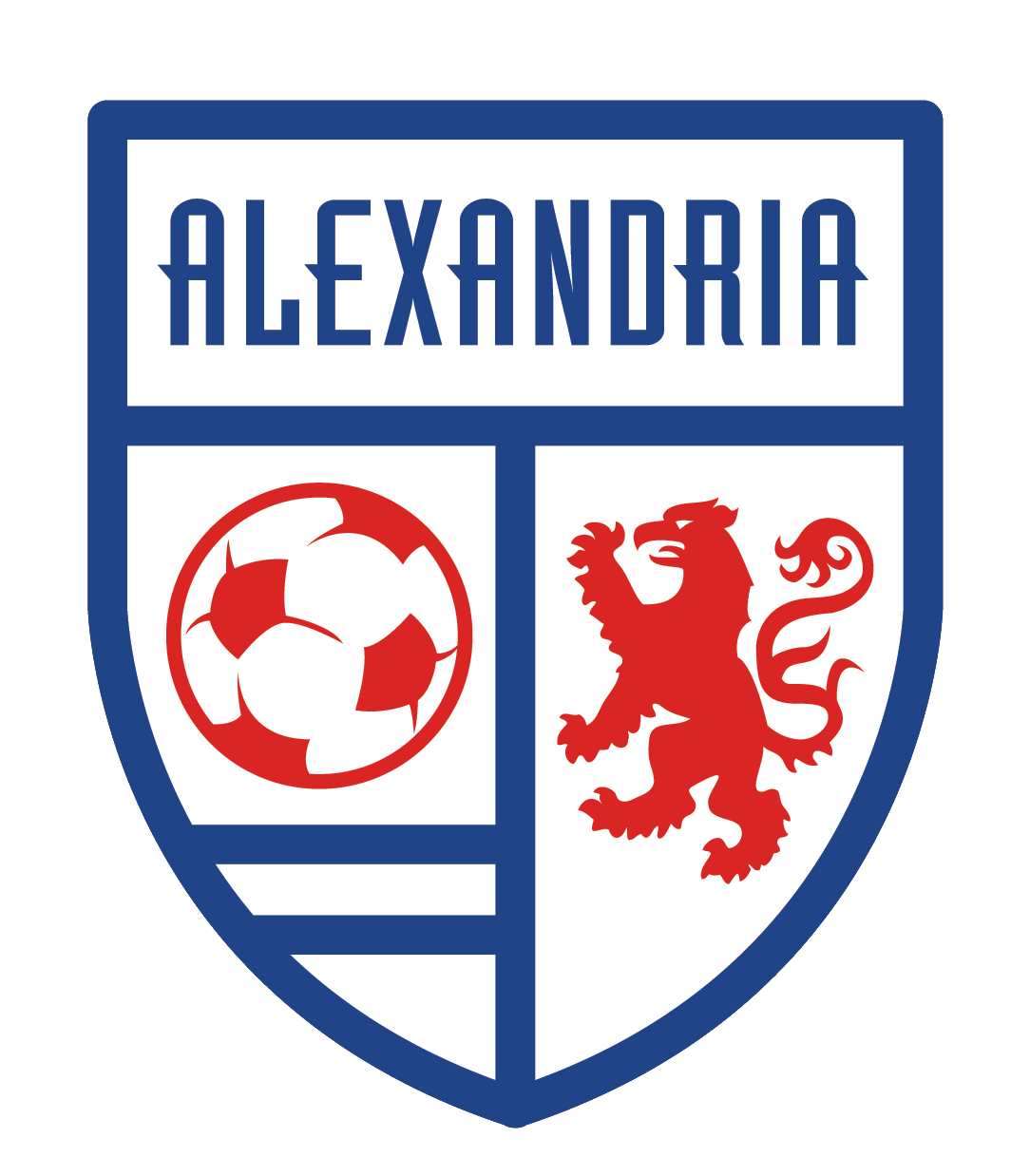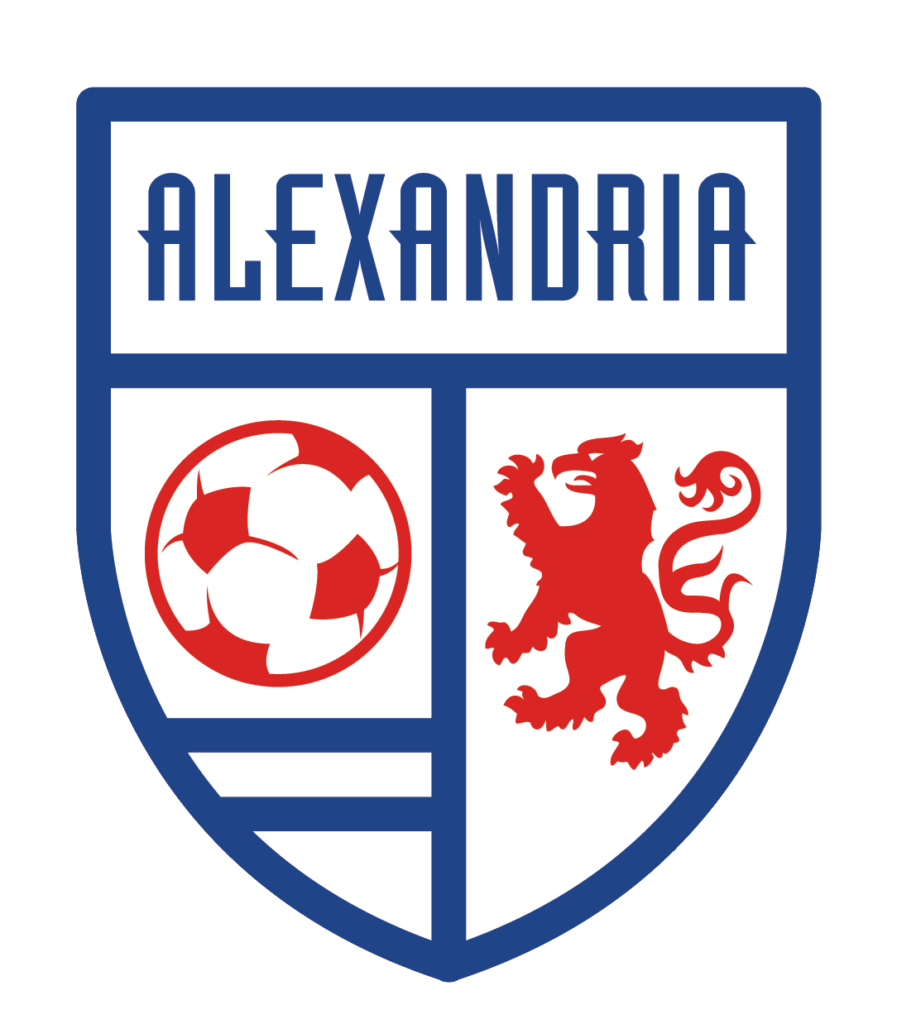Thank you to our wonderful partners at OrthoVirginia for providing this guest blog post. Certified Sports Performance Coaches authored the information below.
Tip 1: Eat For Energy
Inadequate energy, or caloric intake, can lead to early onset fatigue, irritability, poor performance and recovery. Make sure you are getting an adequate number of calories from healthful sources such as lean proteins, carbohydrates, and healthy fats.
Tip 2: Carbohydrates are essential for energy
Despite what the media and magazines may portray, carbohydrates are an essential energy source for athletes. Complex carbohydrates provide a steady stream of energy for athletes. Some examples of complex carbohydrates include brown rice, sweet potatoes, oatmeal, and fruit.
Tip 3: Eat enough protein
The general population requires approximately 0.8g/kg bodyweight of protein while athletes typically need 1.2-2g/kg body weight. For example, a 150 lb (68kg) athlete will need 82-136g of protein per day to maintain body weight and performance.
The amount of protein you need will go up as your activity level increases and can change with your training goals. Your needs will change if you are trying to put on muscle in off season versus maintaining weight in season. In the offseason, you may eat more protein as you try to build muscle and body mass. During the sport season, you’ll eat protein as mentioned above to maintain your weight to have the best performance.
Think “food first”: focus on getting protein from whole food protein sources rather than from protein supplements.
Tip 4: Choose fats wisely
For the average person, 20-30% of daily calories should be from fat. Younger individuals can process fat as a quick energy source. Pick fats from plant oils, fish, nuts, and avocados and avoid processed fats.
Tip 5: Hydrate, hydrate, hydrate
Make sure to drink plenty of water before, during and after competition.
- 2-3 hours before a game, drink 16-24 oz
- 15-30 minutes before a game, drink 8-16 oz
- During a game drink 4-8 oz every 20ish minutes
- After a game drink 16-24 oz for every pound lost during exercise
Tip 6: Timing in Everything
Healthful food should be consumed roughly every 3-4 hours. A typical meal schedule should look like:
Three hours before competition, a meal should include:
- High carb (simple and complex), moderate protein (20-30g), low fat and fiber and 16-
24oz of fluids. - Examples: scrambled eggs, toast with jelly, fruit and low fat milk; turkey sub, apple, baby
carrots, low fat milk; PB&J on whole grain bread, apple low fat milk; grilled chicken,
baked sweet potato, fruit salad, low fat milk; chicken breast, pasta with marinara,
steamed veggie
Two hours after competition, a meal should include:
- High carb, moderate protein and fluids to replenish
- Examples: spaghetti with marinara and lean ground beef and steamed veggies; Baked fish and baked potato with low fat milk; stir fry chicken, brown rice, and mixed veggies; brown rice, black beans, steak, salsa, lettuce and shredded cheese
Snacks should be consumed up to 30-60 minutes prior to competition. Examples; 2 applesauce cups; 1 granola bar (fewer listed ingredients the better); 3 graham crackers; 1 medium piece of fruit or a 20oz sport drink.
Tip 7: Avoid supplementation, marketing gimmicks and tricks!
To evaluate dietary supplements, use a reliable source to investigate whether or not supplement claims are true. Reliable sources include:
- The National Center for Drug Free Sport: www.drugfreesport.com/REC
Password: ncaa1, ncaa2 or ncaa3 - NCAA: www.NCAA.org/drugtesting
- United States Anti-Doping Agency: www.usada.org/supplement411
- International Olympic Committee: www.olympic.org/ioc
Claims that are “too good to be true” are just that. “Red-flag” terms include:
- Energizer
- Fat Burner
- Metabolic Booster
- Proprietary Ingredients
- Testosterone Booster
- Exaggerated claims related to energy metabolism, body fat loss and muscle mass gain are especially high risk for containing an undisclosed banned substance.
Typically approved and vastly studied supplements include:
- Multivitamins
- Protein powders with whey-isolate or casein
- Creatinine
- Caffeine (pre-workouts)
Before using supplements, check for cross contamination and the above websites for information on approved substances. And remember, always try to use real food sources over supplementation when possible.




